Premier League issues official explanation after controversial VAR decision denies Liverpool a penalty for Amad Diallo handball in Manchester United’s 2–1 win at Anfield
The Premier League has finally broken its silence on the most talked-about moment of the weekend — the controversial VAR decision that denied Liverpool a late penalty for an alleged handball by Manchester United winger Amad Diallo during United’s dramatic 2–1 victory at Anfield. The league’s statement, released late on Monday evening, aimed to clarify what happened in the VAR room and why referee Anthony Taylor did not award the spot kick despite furious protests from Liverpool players, coaching staff, and fans.
The incident occurred in the 88th minute of a pulsating encounter when Liverpool, pushing desperately for an equaliser, saw Mohamed Salah’s driven cross strike Diallo inside the box. Several Liverpool players immediately appealed for a penalty, claiming the ball had clearly struck the United substitute’s outstretched arm. Referee Anthony Taylor waved play on, and after a lengthy VAR check led by Darren England, the on-field decision was upheld — no penalty. The decision proved decisive, as United held on to secure a historic victory that sent shockwaves through the Premier League table.
The aftermath, however, was dominated by debate and outrage. Social media erupted, pundits split in their analysis, and Liverpool manager Arne Slot visibly fumed in his post-match interview, calling it “an unbelievable decision that changes everything.”
Now, the Premier League and the PGMOL (Professional Game Match Officials Limited) have issued an official explanation — hoping to quell the controversy and restore confidence in the integrity of officiating.
—
The official explanation from the Premier League
According to the statement, released on the Premier League’s website, the VAR team did review the incident “in full detail and from all available broadcast angles.” The key conclusion, they said, was that the ball made contact with Diallo’s supporting arm, not in an unnatural position relative to his body movement at the time.
The league’s statement read:
> “Following a detailed review of the incident involving Amad Diallo in the 88th minute of the Liverpool vs Manchester United fixture, the VAR determined that the contact between the ball and the player’s arm was incidental and consistent with his natural movement as he attempted to adjust his balance. The on-field referee’s decision of no penalty was therefore deemed correct and was not overturned.”
The statement went on to clarify the criteria used for handball under current IFAB (International Football Association Board) rules, noting that “a player’s arm position must be considered in relation to their expected movement in that phase of play.”
In other words, the VAR team believed Diallo’s arm was not deliberately positioned to block the ball, and that any contact was a natural result of his motion while turning to intercept Salah’s cross.
—
VAR’s reasoning and the communication process
PGMOL sources have revealed more details about the decision-making process, explaining that Darren England — the VAR official for the match — took nearly 90 seconds to review the footage, checking both real-time and slow-motion replays.
The statement confirmed that Taylor was advised there was “no clear and obvious error” in his original decision not to award a penalty. Because VAR is designed to intervene only when there is a clear mistake, England concluded that the on-field call should stand.
A Premier League spokesperson elaborated:
> “The referee had a clear view of the incident, and the VAR found insufficient evidence that Diallo’s arm was in an unnatural position or that it made his body unnaturally bigger. As per protocol, the on-field decision remained.”
This explanation aligns with the league’s consistent approach this season, where officials have been instructed to apply a higher threshold for VAR intervention to avoid over-refereeing matches.
—
Liverpool’s frustration: ‘We need accountability’
Despite the explanation, Liverpool manager Arne Slot and several senior players have expressed deep dissatisfaction with the process. In his post-match comments, Slot avoided directly criticising the officials but made his frustration clear:
> “If that’s not a penalty, then I don’t understand what handball means anymore. It’s the biggest moment in the game, and it goes against us. We need more clarity and accountability from those making these decisions.”
Captain Virgil van Dijk echoed his manager’s sentiments, telling reporters:
> “We’ve seen penalties given for far less. I respect the officials, but the consistency is not there. If it’s the other way around, I think United get the penalty.”
Liverpool fans also voiced their anger online, pointing out that similar incidents earlier in the season — including one involving Tottenham’s Cristian Romero and another featuring Arsenal’s William Saliba — had resulted in penalties being awarded.
—
Manchester United’s stance: ‘Right decision made’
From the United camp, the response was more measured. Manager Rúben Amorim praised his team’s resilience and said the officials “handled a difficult game well.” When asked about the Diallo incident, Amorim responded diplomatically:
> “I haven’t seen it clearly. But the referee and VAR made their decision, and I think it was the right one. These moments go both ways in football — last week we were on the wrong end of a call, today maybe we were lucky. That’s part of the game.”
Club captain Bruno Fernandes echoed his manager’s view, adding:
> “We have to respect the referees. VAR looked at it for a long time — if it was a clear handball, they would have given it.”
—
Expert and pundit reactions
The decision has sparked widespread debate among analysts and former referees.
Former Premier League referee Mark Clattenburg offered insight on Sky Sports, saying:
> “It’s one of those grey-area handballs. Diallo’s arm is away from his body slightly, but the ball hits him from close range, and he’s turning his body. Under the new interpretation, it’s not enough for a penalty. I can understand why VAR didn’t overturn it.”
However, former Liverpool defender Jamie Carragher disagreed strongly, claiming:
> “We’re talking about consistency again. If that’s not a penalty, what message are we sending? He stops a cross with his arm, it’s clear contact, and the distance isn’t that close. It’s a poor call — Liverpool were robbed of a point.”
Gary Neville, commentating during the game, called it a “50-50” moment but admitted he expected VAR to send Taylor to the monitor. “Usually, in those situations, you see the referee take another look. The fact he didn’t suggests VAR thought it was borderline, but still, for the sake of transparency, I’d have preferred Taylor to check it himself.”
—
PGMOL under renewed scrutiny
This latest controversy adds to the mounting pressure on the PGMOL after a series of contentious VAR decisions this season. Incidents involving Liverpool have already drawn headlines — most notably the disallowed Luis Díaz goal against Tottenham last year, which the body later admitted was a “significant human error.”
While Monday’s explanation aims to reassure clubs and fans, many are calling for greater transparency. Pundits have suggested making VAR audio public, as is done in rugby and cricket, to show how decisions are reached. The Premier League has trialled releasing selective recordings after matches, but not in real-time.
The Football Supporters’ Association (FSA) released a statement urging further reform:
> “Fans deserve to understand why these game-changing decisions are made. The technology is there, but the communication remains opaque. The Premier League must move towards full transparency if it wants to rebuild trust.”
—
The wider implications
Beyond the individual incident, this controversy highlights football’s ongoing struggle to balance technology with human interpretation. VAR was introduced to reduce errors, but subjective calls — like handballs — continue to divide opinion.
For Liverpool, the decision stings doubly hard because it directly affected the outcome of a critical match. A draw would have kept them within touching distance of the title race, while defeat to a rejuvenated Manchester United leaves them playing catch-up in the standings.
For United, however, the victory represents a turning point — a statement win under Amorim that could define their season. But even in triumph, they find themselves part of another refereeing storm, proof that no team escapes the modern game’s magnifying glass.
—
Conclusion: VAR debate far from over
The Premier League’s official explanation may clarify the technical reasoning behind the no-penalty call, but it won’t end the debate. For Liverpool supporters, it will remain another chapter in a growing list of VAR grievances; for United, a moment of fortune that helped secure a famous win.
Ultimately, the controversy underscores a familiar truth: football’s laws may evolve, technology may improve, but interpretation — and the emotion that follows — will always fuel the drama of the beautiful game.
As one fan put it perfectly online: “VAR can explain it all it wants, but if half the football world still disagrees, the debate isn’t over — it’s only just begun.”
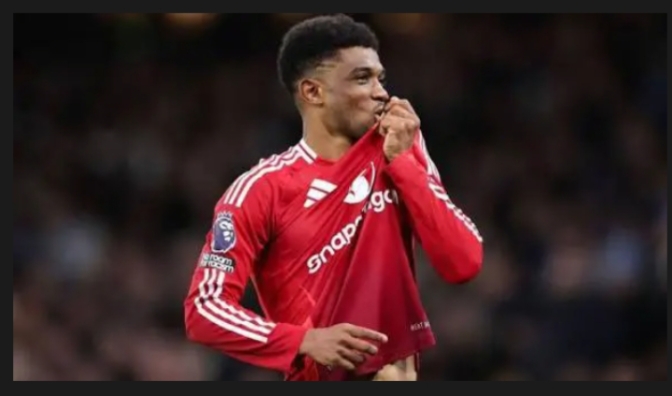
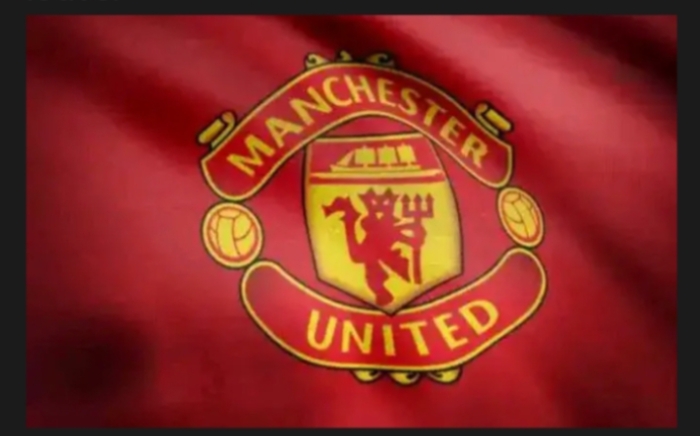
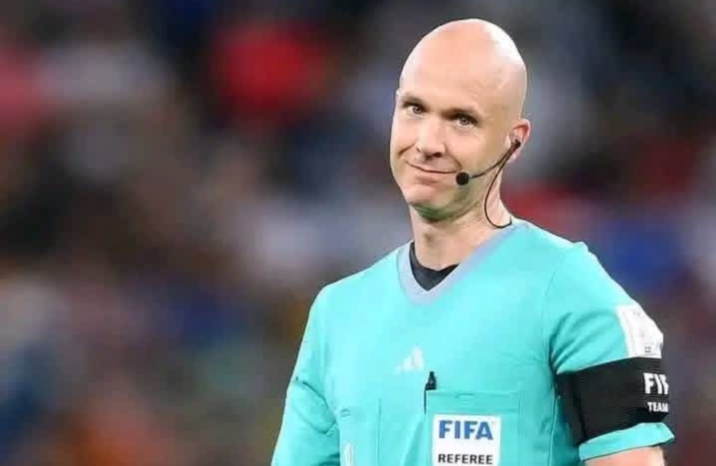
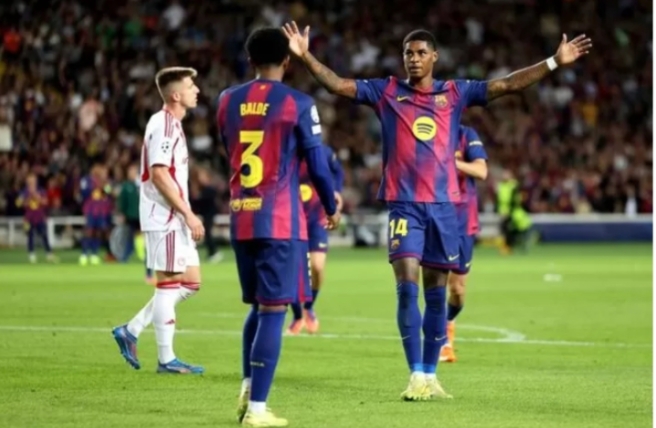
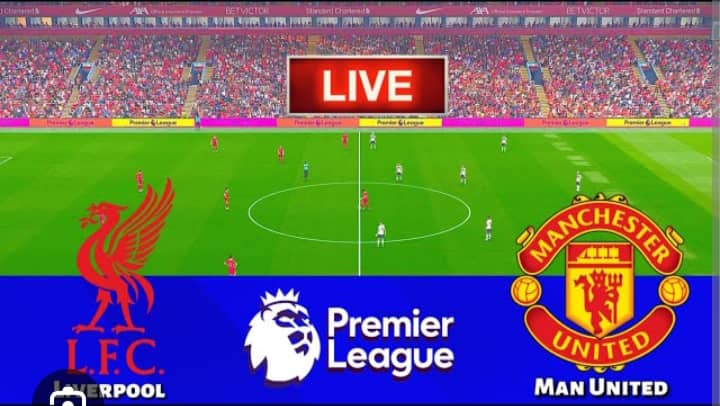
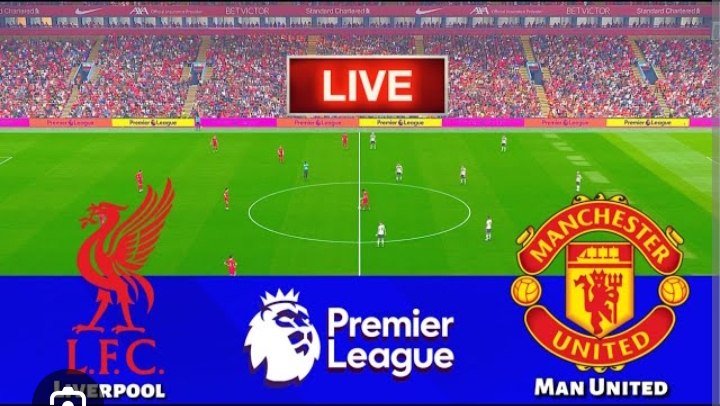
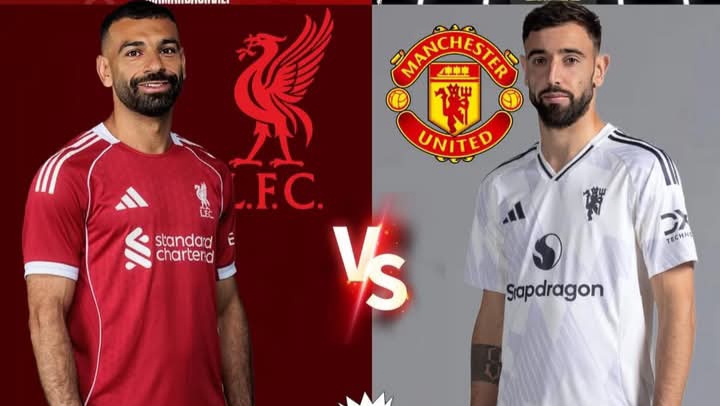
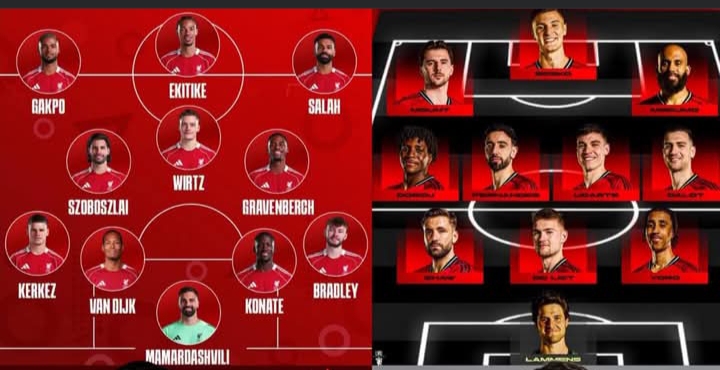
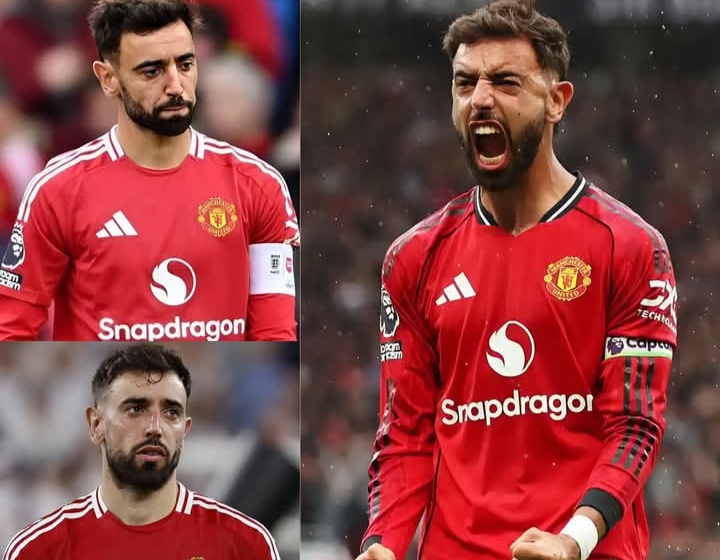
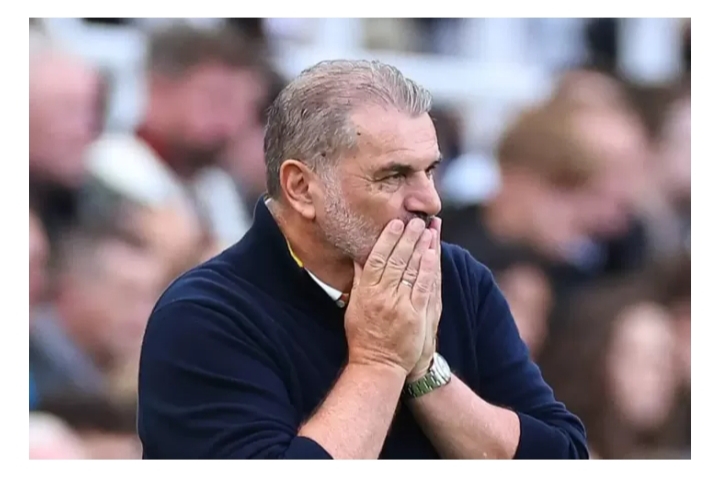
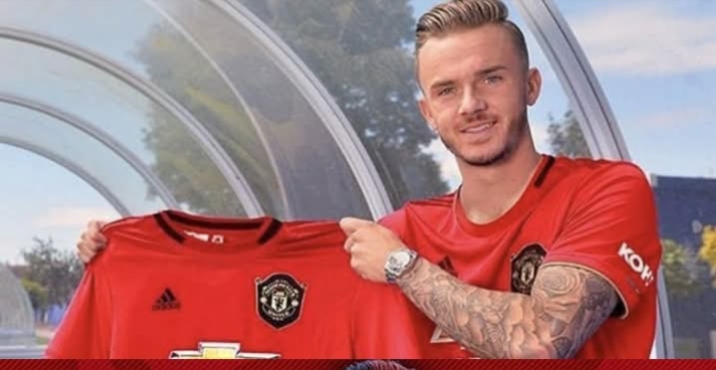
Leave a Reply